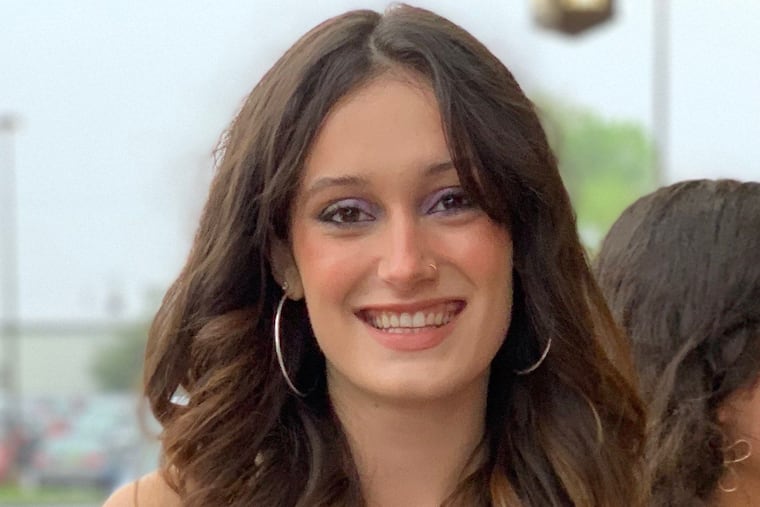I’m a student at an underfunded school. The state doesn’t want us to be properly educated.
Some politicians don’t want us to become engaged citizens.

I attend J.P. McCaskey High School, a welcoming and vibrant school in Lancaster, Pa., which the BBC dubbed “America’s refugee capital.”
Public education is a radically anticapitalist, antiracist idea. There’s no other place in American society where rich people and poor people, and white and Black and brown people eat lunch together, play together, and learn together as equals. Public school is an amalgam of cultures and backgrounds and ideas — the embodiment of the melting pot vision that America has never fully realized.
I love my school. But like too many others, it’s abysmally underfunded. Our textbooks are more than 20 years out of date. Our school buses are overcrowded. We have to wait three weeks to meet with our guidance counselors because we’re so understaffed. Our test scores are far below the statewide average.
I believe there’s a reason why my district has been waiting and waiting for funds that just won’t come: The state doesn’t want students in districts like ours to be properly educated.
» READ MORE: Schoolhouse crumbling? That’s what you deserve, the Pa. GOP says. | Opinion
The funding discrepancies between schools could be rectified if Pennsylvania fully implemented the Fair Funding Formula, which the state legislature passed in 2016. This formula determines what share of funding each district should receive based both on the number of students and other factors, including a school system’s poverty rate and how much local funding the district can raise.
But today, most of the state’s education budget — nearly 90% — isn’t distributed according to this need-based formula. Instead, it is distributed the way it was decades before 2016 due to the “hold harmless” policy, a relic of the ‘90s which stipulates that school districts get the same amount of funding that they did the previous year. Which means that well-funded, over-performing schools are guaranteed the same generous influx of funds they have always received, leaving little left to distribute using the Fair Funding Formula to underfunded, underperforming schools. So the status quo remains.
In actuality, “hold harmless” disproportionately harms students of color. Underfunded districts educate 51% of all students, but 78% of Black students and 82% of Hispanic students. I’ve seen these discrepancies in my own community: Only 12% of students in my district are white, and we’re underfunded by about $1,309 per student.
This summer, I spoke at a fair funding rally outside of the office of my state senator, Scott Martin. His staff informed me that Sen. Martin doesn’t like hold harmless either. But as the chair of the Pennsylvania Senate Education Committee, Martin has tremendous power to shape education policy. It’s clear that he isn’t willing to expend the political capital, especially considering that many of his Republican colleagues support the current policy.
Educational racism is a feedback loop. If schools are not getting enough state money per student, they have to rely on local property taxes. That means that disadvantaged students in poorer neighborhoods with less tax income get trapped in cycles of generational poverty, while predominantly white and wealthy students in affluent districts — flush in property tax income — benefit from opportunities that districts like mine can’t afford.
Educational racism is a feedback loop.
Think about why this hasn’t been addressed, and why some politicians propose cutting billions from the state education budget. It’s because education is the greatest catalyst for change. The more you know, the more you question. And the more you question, the more you realize that the status quo isn’t working. You become an active participant in today’s politics, instead of a complacent bystander.
Some politicians don’t want us to become engaged citizens. That’s why they’re trying to censor the full scope of American history out of curriculums and defund public schools. Expansive, interdisciplinary education cultivates critical thinking skills, and those who benefit most from racial and economic inequality don’t want us to think.
Creative solutions to the climate crisis start in art and music class. Ending mass incarceration begins in U.S. history. Public schools will save the world — if only we commit to funding them fairly.
Frances Brogan is a senior at J.P. McCaskey High School in Lancaster.